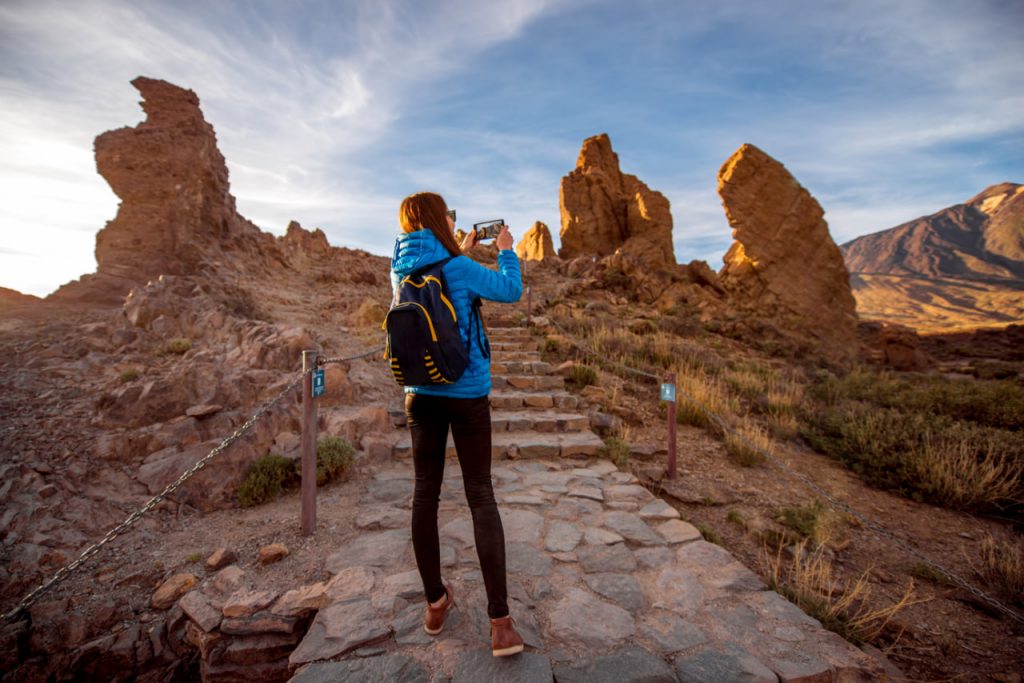Trust Your Instincts and Listen to Your Gut
Traveling alone requires developing a strong sense of intuition. If something feels off or uncomfortable, it’s important to trust that feeling and take action to protect yourself. This inner guidance is often your first line of defense against risky situations.
Share Your Travel Plans with Trusted Contacts
Before you leave, make sure someone close to you knows your itinerary and contact details. Regular check-ins can provide reassurance and make it easier for others to help if needed. Modern technology makes staying connected simple and convenient.
Research Your Destination Thoroughly
Understanding local culture, customs, laws, and safe neighborhoods helps you navigate new places with confidence. Knowing emergency numbers and the location of your country’s embassy or consulate adds an important layer of security.
Stay Aware of Your Surroundings
While exploring, avoid distractions like constantly looking at your phone. Keep your belongings close and secure, and don’t display expensive items openly. This helps reduce the risk of theft or unwanted attention.
Use Reputable Transportation Options
When using public transit or rideshare services, always confirm the driver’s identity and vehicle details. Avoid traveling alone late at night in unfamiliar areas, and stick to well-lit, populated streets for your safety.
Choose Safe and Secure Accommodations
Pick accommodations with good reviews and reliable security, such as 24-hour reception or secure entry. Lock your room and use safes or lockers whenever possible. Trust your instincts when interacting with others in shared spaces.
Be Careful with Personal Information
While friendliness is part of the travel experience, avoid oversharing details about your plans, finances, or accommodations with strangers. Protecting your privacy keeps you safer.
Blend In to Avoid Unwanted Attention
Dress modestly and in line with local customs to avoid standing out as a tourist. Maintaining a low profile helps you move comfortably and reduces the chances of becoming a target.
Prioritize Your Health and Well-Being
Carry a basic first-aid kit, stay hydrated, and be mindful of food and water safety. Purchasing travel insurance is essential to cover unexpected medical expenses and emergencies.
Stay Flexible and Adapt to Situations
Preparation is key, but so is the ability to adapt. Many solo travelers grow more confident with experience, learning how to respond wisely to whatever challenges they face on the road.

